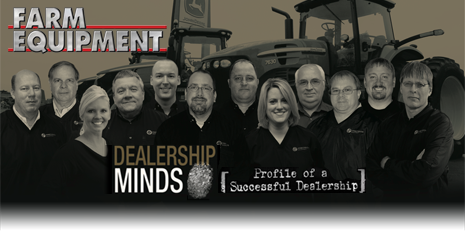
The first piece of advice for other CFOs when it comes to mergers, jokes Precision Equipment CFO and Vice President of Finance & Administration Dave Dahms, is don’t miss the meeting where the assignment of “merger-integration manager” is doled out. You’ll learn that despite all the toil of the previous months, the real work starts after the contract is signed.
Precision Equipment developed design teams of employees from both companies to identify all integration issues that Dahms says was critical to understand from day one. Here’s his advice for getting things in order before the final documents are signed.
• Be as detailed as possible, ask every question that you can think of. Have candid conversations with individuals because what’s documented in an employee handbook can have underlying nuances behind it.
• Find out if there are any “unwritten rules” — these can have a huge impact on morale and/or company performance if you don’t understand what’s going on.
• Make sure you have the right people on your integration team — experience, background and knowledge of the business. The right people will ask the right questions, and they will be the crafters of what the new business and business process should look like.
“A merger is different than an acquisition. A merger is like a marriage and you better understand all of the nuances going on because you’re going to live together. It’s not like an acquisition where you come in and say ‘Here’s how it’s going to be.’ We were fortunate that we had talent from both sides of the company with many years of experience. That made it a lot easier.”





